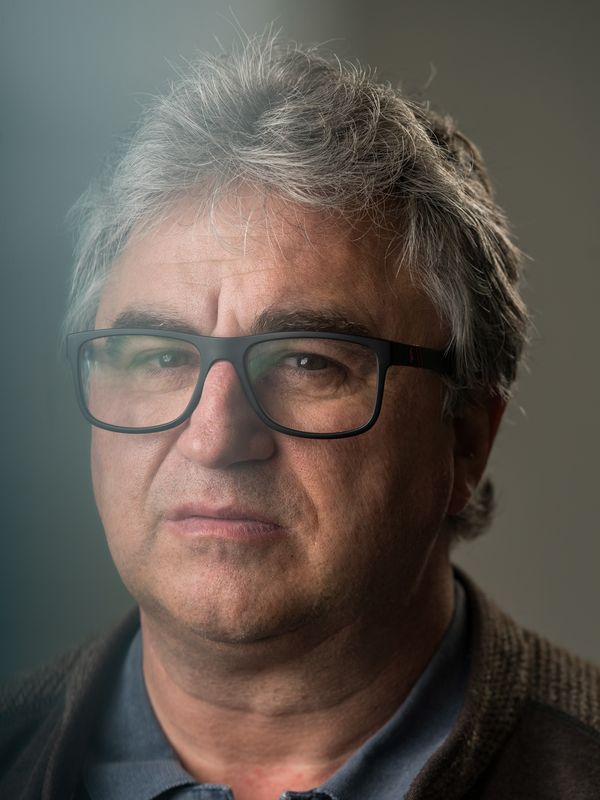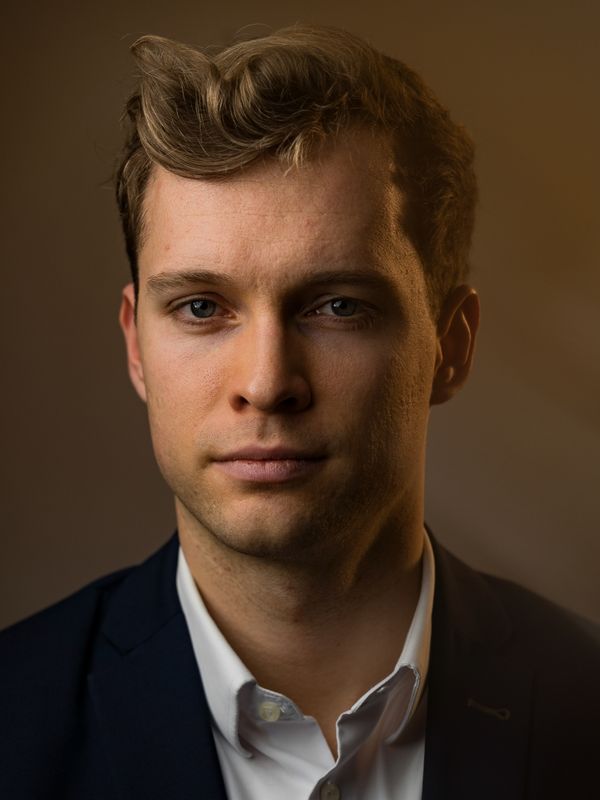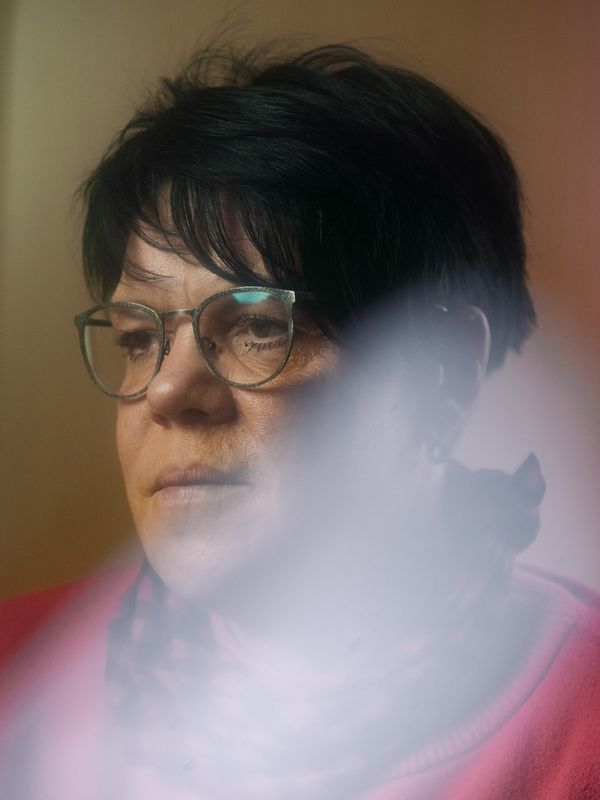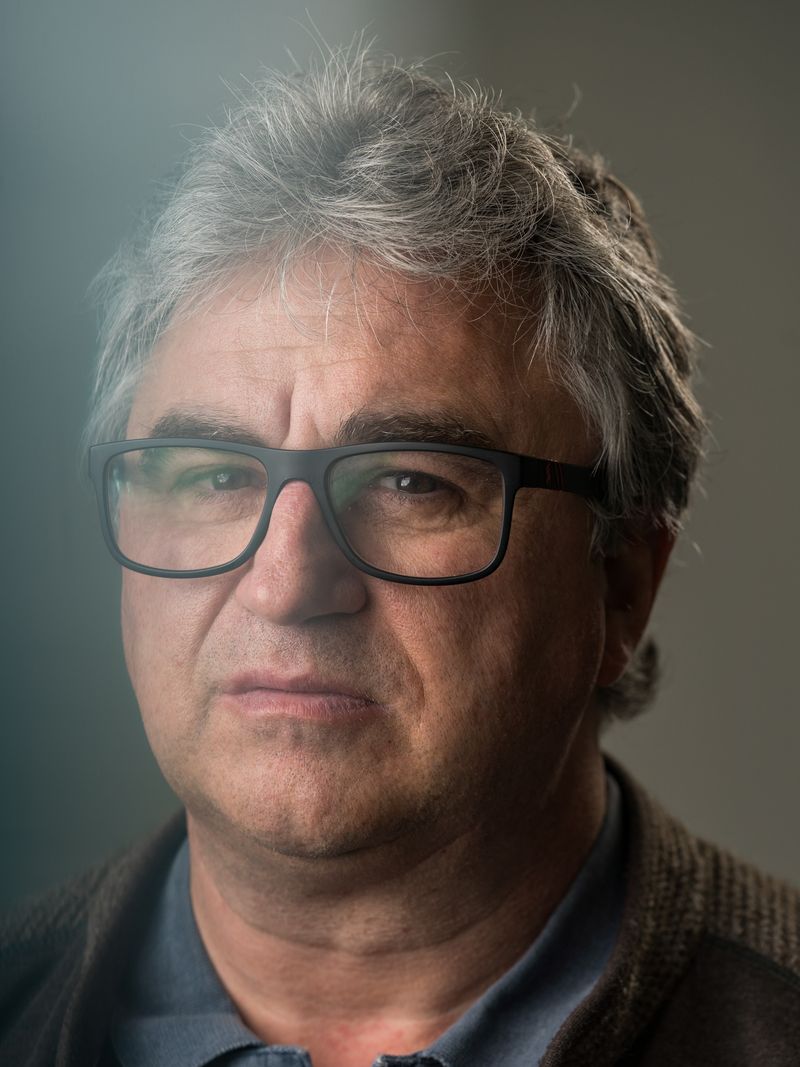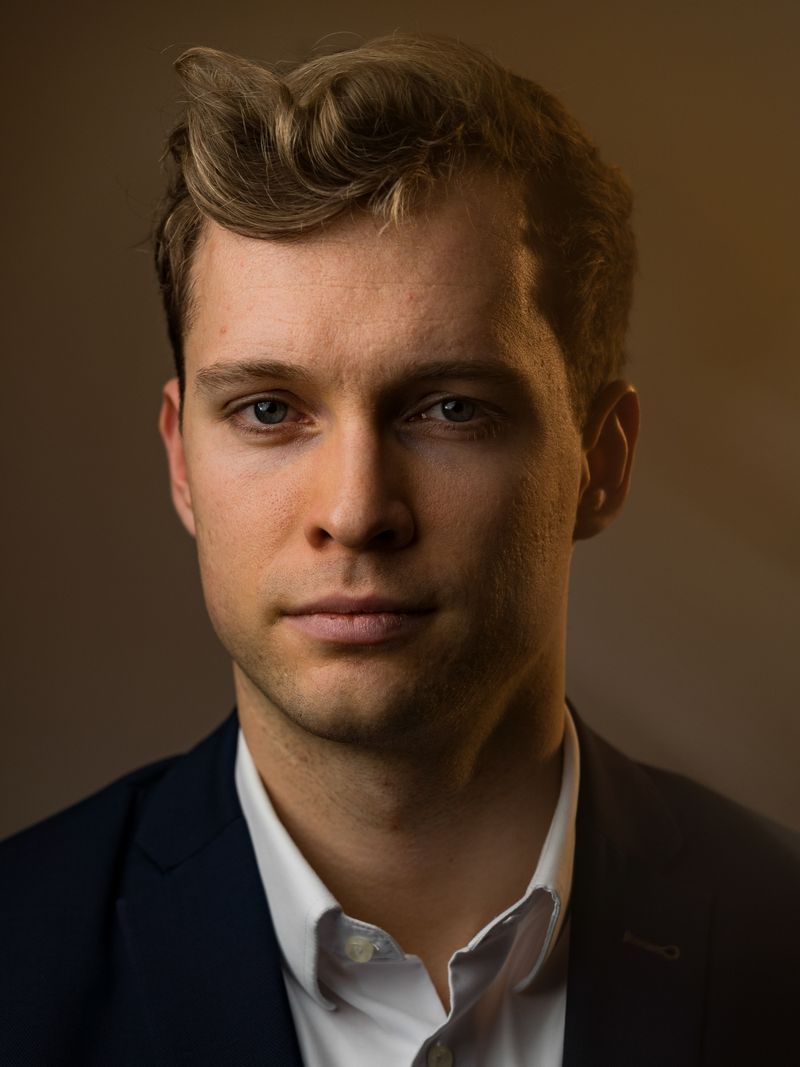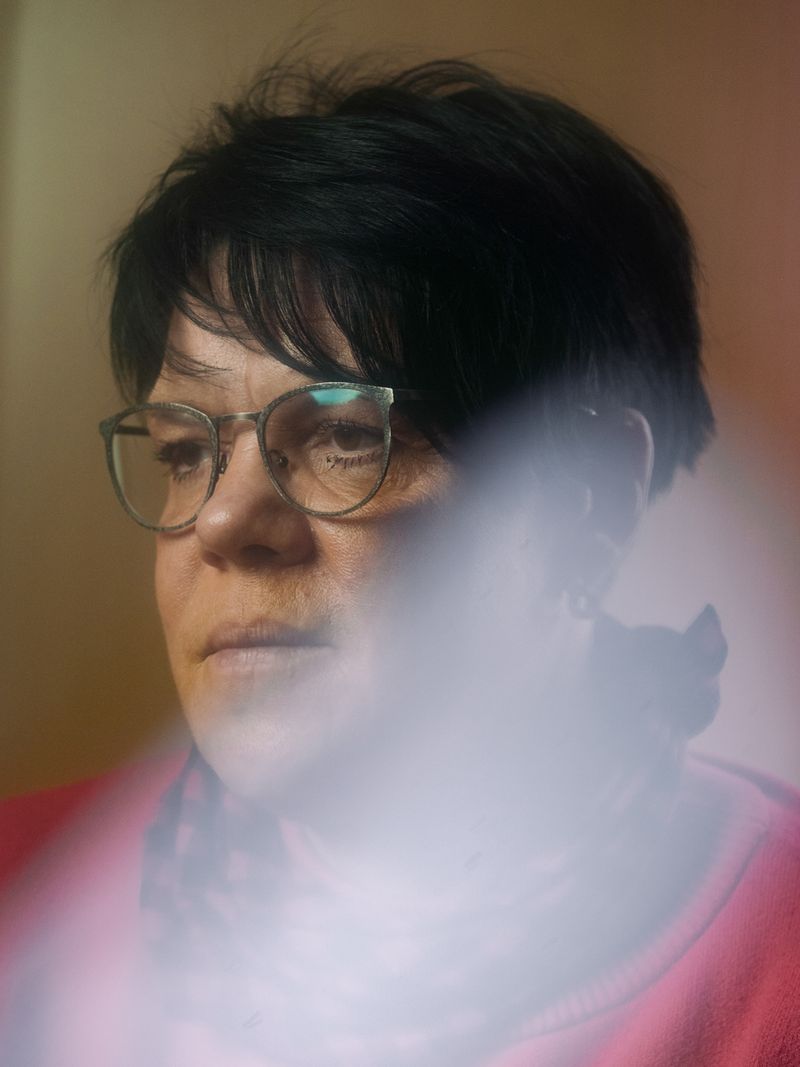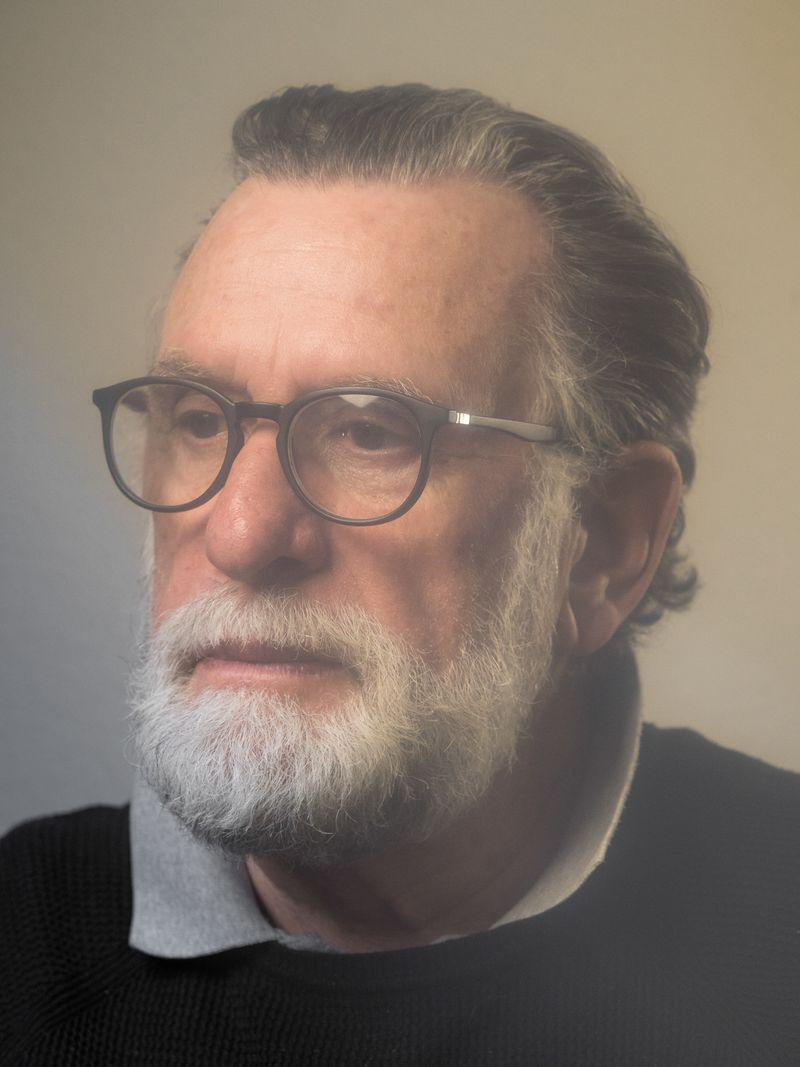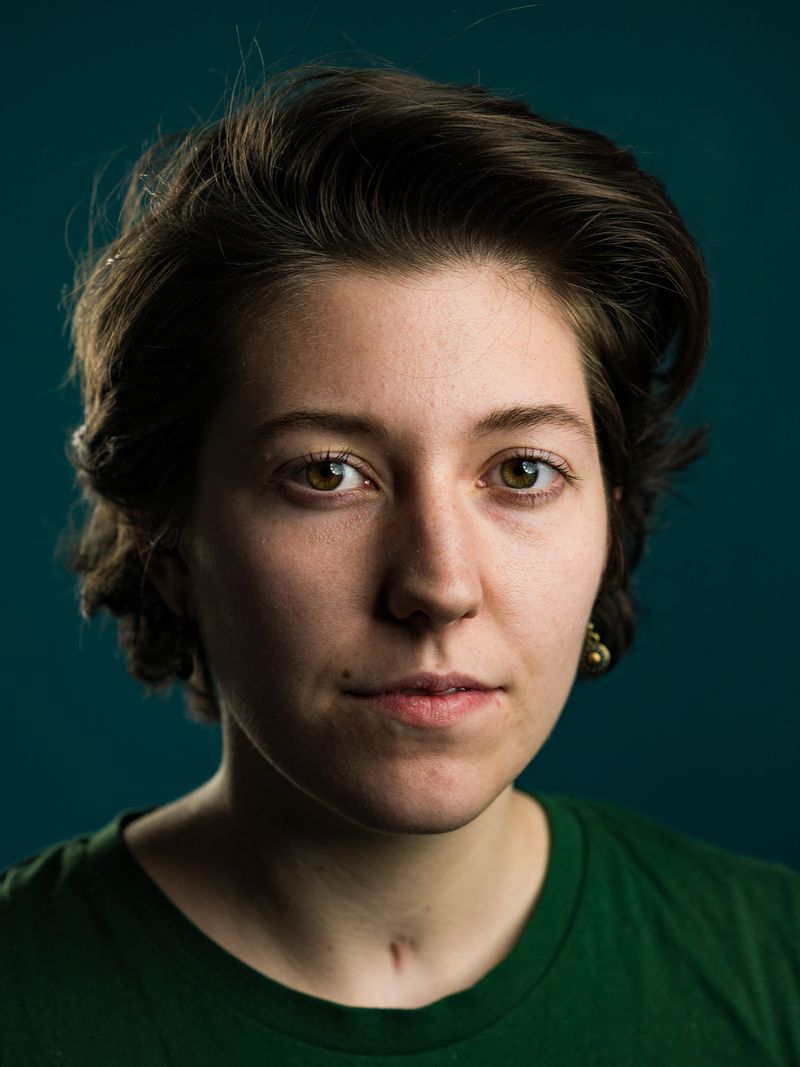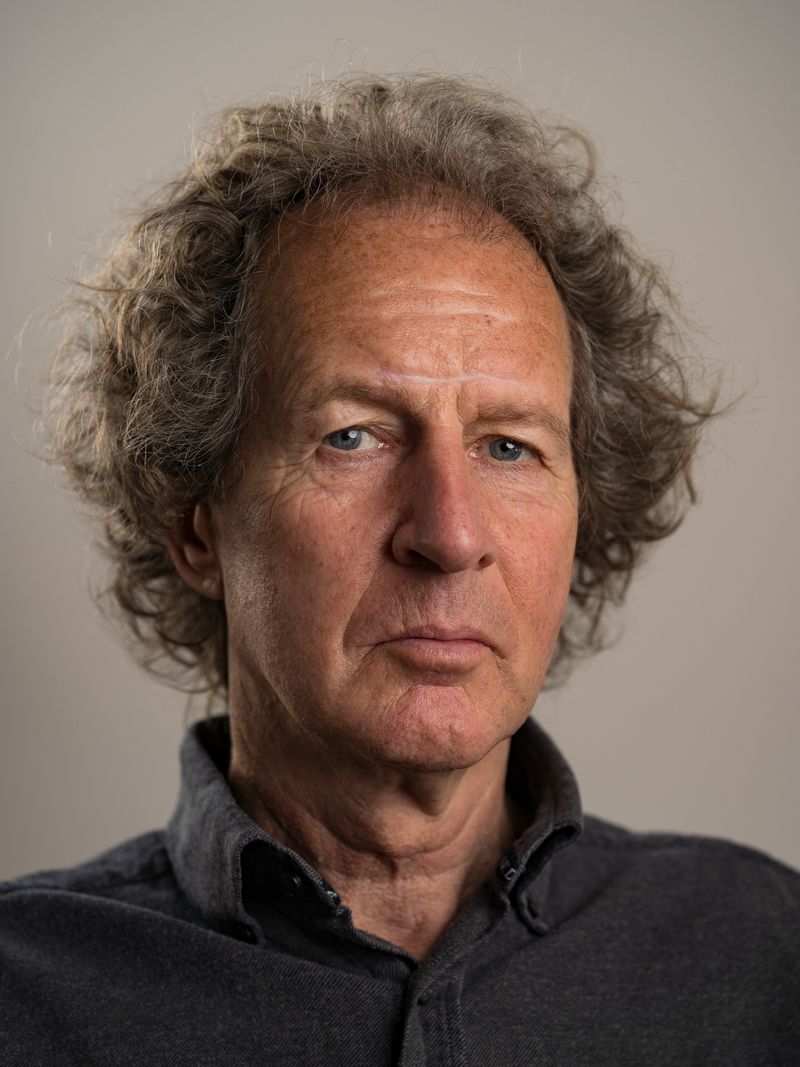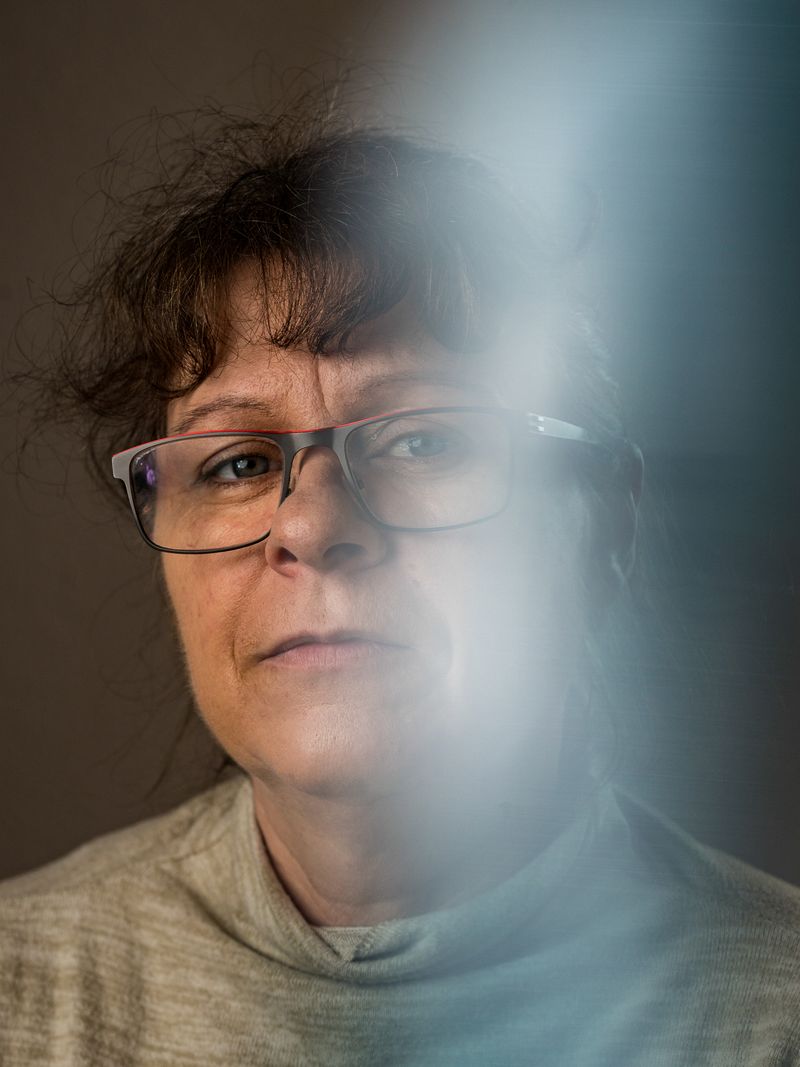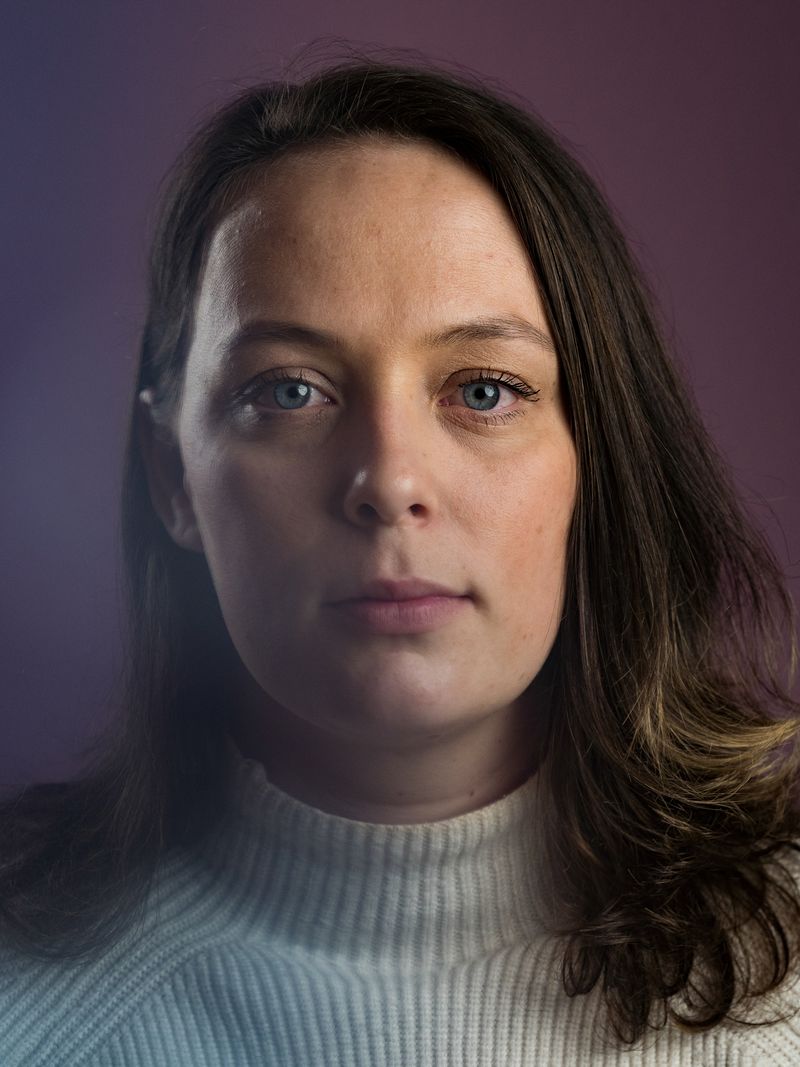Long Covid - The life of the past no longer exists
-
Dates2021 - Ongoing
-
Author
We have now been living with the Corona pandemic for two years.
For some recovered from Covid-19, symptoms remain that severely impact their quality of life. Approximately 10-20% of those infected with Covid-19 remain symptomatic months after the acute disease phase. Some suffer long-term consequences for more than a year: chronic fatigue, forgetfulness, pain, loss of smell, and a constant feeling of illness are some of them. What experts know today: Long Covid is a multi-organ disease. But the possibility of a precise diagnosis or a promising therapy is missing. This is a project about people who suffer from long-term consequences of their infection since the first wave of the pandemic.
